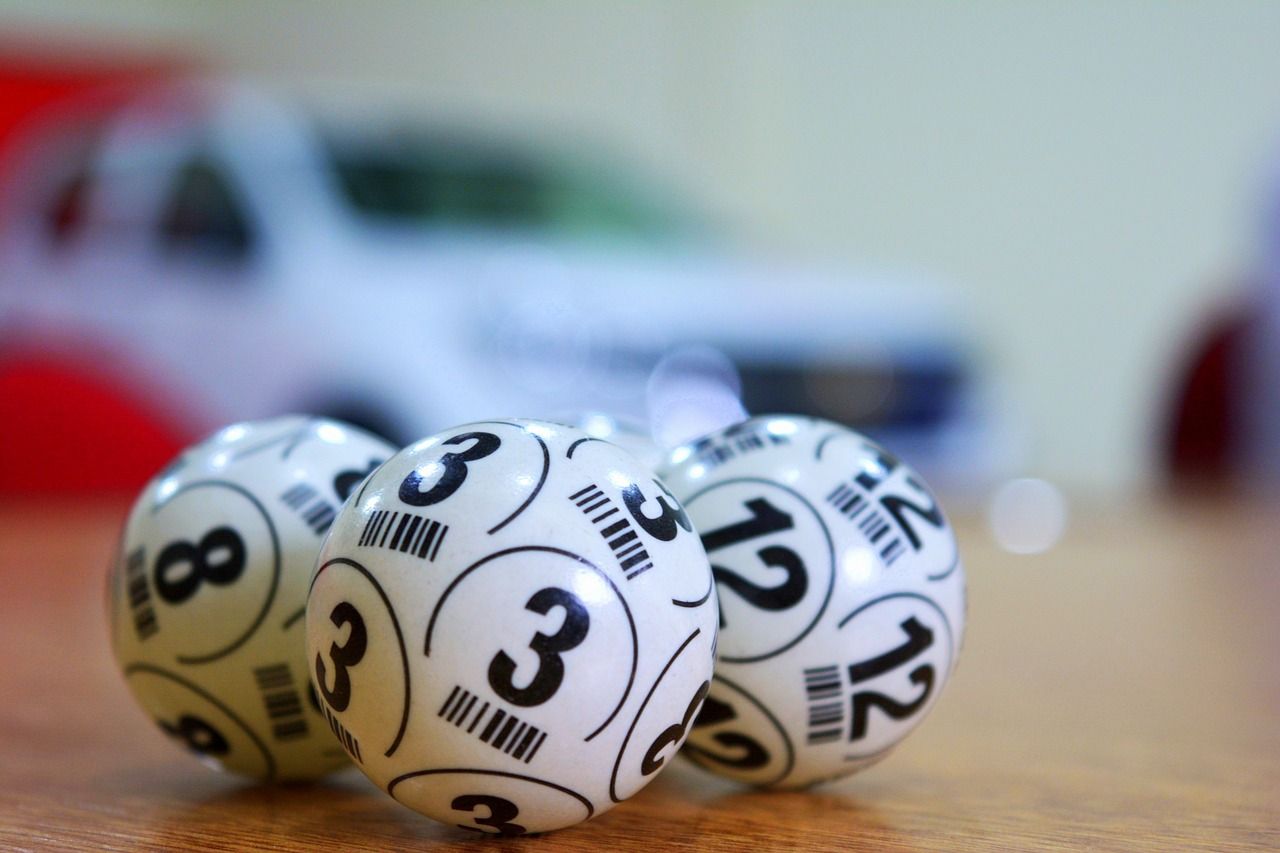Lottery draws have long captivated the imagination of people worldwide, offering the tantalizing prospect of striking it rich with a simple ticket purchase. From state-sponsored lotteries to private games, the excitement surrounding lottery draws is palpable, fueled by dreams of wealth and the chance to change one’s life overnight. In this article, we’ll delve into the mechanics of data cambodia, their history, and tips for players.
What is a Lottery Draw?
A lottery draw is a process in which a random selection of winning numbers is made from a pool of entries. Participants purchase tickets, each bearing a unique set of numbers, and wait with bated breath for the draw to determine if their ticket matches the winning numbers. The prize money can range from modest sums to life-changing jackpots, depending on the specific lottery game.
History of Lottery Draws
The concept of lotteries dates back centuries. The first recorded lottery is believed to have occurred in China around 205 BC, where it was used to fund government projects. The popularity of lotteries spread to Europe in the late 15th century, with many countries establishing state-sponsored lotteries as a way to generate revenue.
In the United States, the first official lottery was established in 1612 by the Virginia Company. Since then, lotteries have evolved into a multibillion-dollar industry, with numerous games available in every state.
Types of Lottery Draws
- Traditional Draws: These involve a physical drawing of numbers from a machine or a container. Players choose numbers in advance, and the winning numbers are drawn at a specific time, often weekly or bi-weekly.
- Instant Win Games: Also known as scratch-offs, these games allow players to reveal if they’ve won immediately upon purchase. There is no waiting for a draw, and prizes are usually smaller than those in traditional draws.
- Raffles: These are similar to lotteries but often involve purchasing a ticket for a specific event or prize. The winning ticket is drawn at the event, and winners typically receive items donated for the cause.
- Online Lotteries: With the rise of the internet, many jurisdictions now offer online lottery games. Players can purchase tickets and participate in draws from the comfort of their homes.
How Lottery Draws Work
- Ticket Purchase: Players buy tickets, usually choosing their numbers or opting for a “quick pick” where the numbers are randomly generated.
- Drawing: A drawing is held at a predetermined time. Depending on the lottery format, this could involve a mechanical drawing machine or a digital random number generator.
- Winning Numbers: The winning numbers are announced, and players check their tickets to see if they’ve matched any of the drawn numbers.
- Claiming Prizes: Winners must claim their prizes within a specified timeframe, often needing to present their winning ticket at a designated lottery office. Depending on the amount won, some lotteries may require winners to undergo a verification process.
Tips for Playing the Lottery
- Play Responsibly: Lottery games should be viewed as entertainment rather than a reliable investment strategy. Set a budget and stick to it.
- Join a Lottery Pool: Consider joining a group of friends or coworkers to increase your chances of winning. Pooling resources allows you to buy more tickets without spending significantly more money.
- Research Games: Not all lotteries are created equal. Some offer better odds of winning than others. Researching different games can help you make informed decisions.
- Keep Your Ticket Safe: Ensure you store your ticket in a safe place. Losing a winning ticket is a common regret among players.
- Stay Informed: Follow the lottery news to stay updated on drawing dates, prize amounts, and any changes in rules or regulations.
